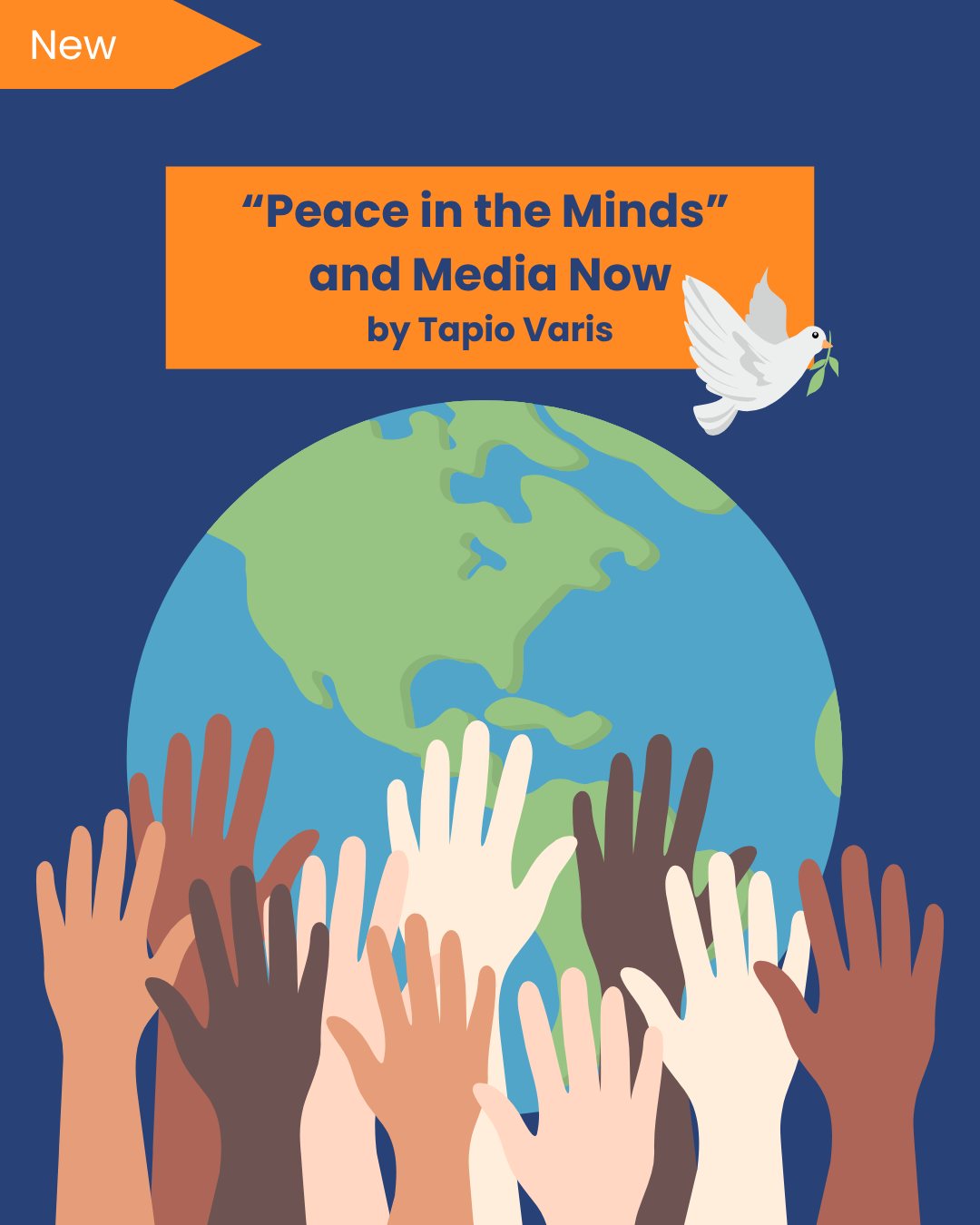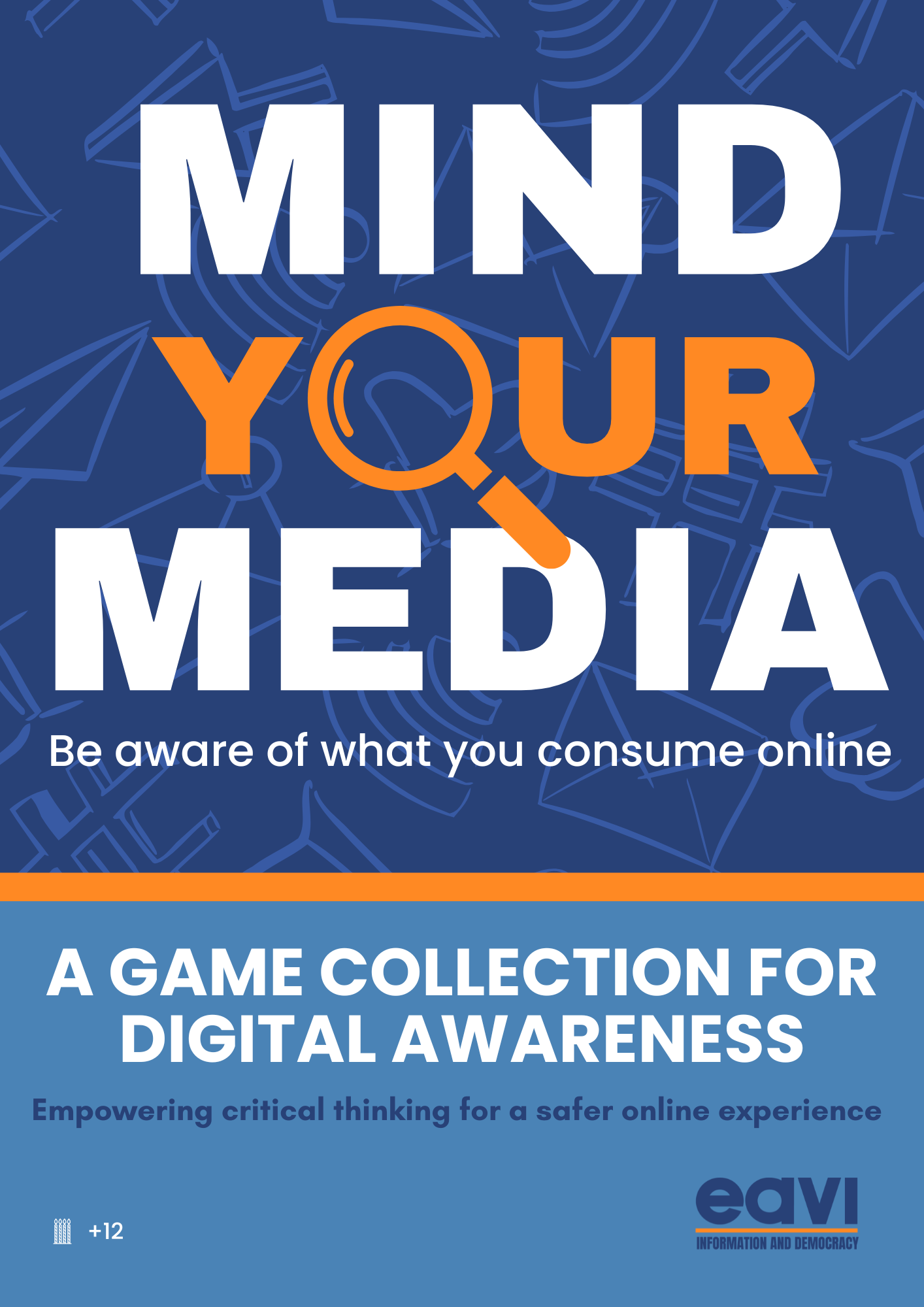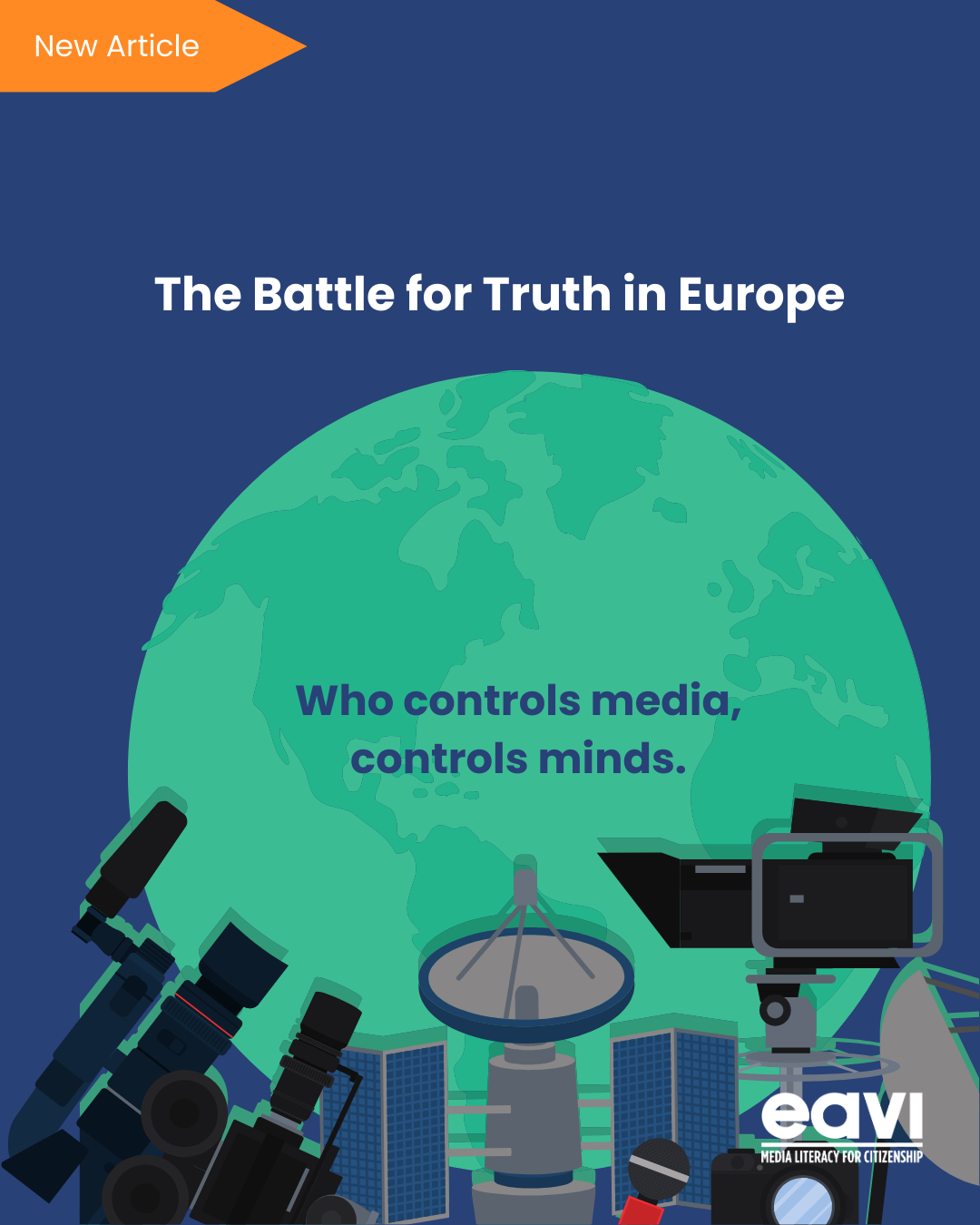In a conversation, one person talks, and one person listens. Ideally taking it in turn. In addition to the messenger and the recipient, communication science also considers other elements such as the content of the message and the tools and channels used for communicating. It is remarkable to think that Siddhārtha Gautama, a wise man living in India, otherwise known as Buddha, considered communication in similar terms, 2500 years ago.
Two and a half thousand years ago! Before the World Wars, before the French Revolution, the discovery of America, before the Renaissance and the Roman Empire.
He identified which attitude of the mind is more beneficial when communicating with others.
One of the recommendations on the path to enlightenment (for us ordinary people towards some wisdom), is the so called ‘right speech’ – to talk to others with the intention not to cause harm, but rather assist, inspire and uplift.
In particular, he recommended that one a) speak the truth and b) use non-violent language. In extending that scope, Buddha said that it is not good for our health to lie, insult, accuse or gossip.
When instead, one talks in a way that cares about the well-being of others, then one is also nurtured.
Buddha, meditating under his tree, could not have imagined that today’s technologies would permit that we not just speak to each other, but in addition, that someone could speak to millions of people at once, with a Tweet, or on radio and television.
It is therefore possible to address political and commercial propaganda with a very direct yet still widespread delivery. The system seems very effective. The use of Twitter was decisive in Donald Trump being elected president of the United States. The same could be said for the band of Brexit that pushes UK out of Europe using extensive fake news stories.
Thanks to sophisticated tools, personal private data was obtained and media content was manipulated accordingly so that precise demographics could be targeted. This is a dream come true for marketing professionals. They can sell a product or get a vote more easily than ever.
Even though the world is changing fast, the precepts of two thousand years ago still remain valid. What is fake news, other than organised lies to exploit sensational induced appetites? What is propaganda if not an exaggeration of the presumed virtues of a political candidate or a product? When we talk about fighting hate speech, do we not mean that we should not diffuse violence and hate?
Therefore, it is still a good rule to follow that we should not lie and we should use peaceful language.
And ideally journalists, politicians and salesmen who communicate via mass media should do the same. Online or not.
But we know that these are rules frequently broken. It is imperative therefore that not just the messenger, but also the recipient develops key communication competences. The most important of which is to comprehend, evaluate and make sense of what has been said.
The combined result of acquiring these virtues and skills would render individuals better able to control what they communicate, and to understand and interact with what they hear and read. This is easier said than done.
We call these competences media literacy: the capacity to use the media well.
When we move from analysing individuals to analysing the media societies we are immersed in – the picture becomes more complex.
Selfish commercial and political interests, money and power, dominate the scene. The indiscriminate hunt for consumers and votes is officially open. Without irony, they call it a free market; a place where people have lost their economic, cultural and social entitlements and have become a simple target.
We are the prey. We could indeed learn to escape, to run, jump and even climb trees, but it is clear that technology has made available new and very powerful weapons.
While rhetorical discourse takes place, the entire population is at risk of figurative extermination. And even if (or because) the hunters do not seem particularly bright, with a cannon in their hands they cause significant damage to our lives and democracies.
In this context, one would have expected governments and international institutions to protect the public interest. For instance, by promoting media education in schools, by fighting the abuse of dominant media positions, and by establishing valid regulations for all.
That is to say, it would have been simpler to forbid an indiscriminate hunt.
But no. It did not happen that way, nor will it in the near future.
Realistically, how could we expect that Trump, elected thanks to Twitter and Facebook, refuse a favour from Twitter and Facebook itself? What could we expect from the Brexiteers in power, if not that they thank and diffuse ever more fake news? The mixture of interests between power and media is evident both in aims and methods. Obviously, it is not the communication tools themselves that are the problem, but rather how they are used and abused.
So, what to do now?
To begin, it is essential that we work towards acquiring the skills Buddha (and many others) spoke about; to cultivate the human values and wisdom needed to support ourselves and our families.
We must learn to use those communication tools ourselves, and to create new ones to enhance the way we live with the media. We must recognise that, before being consumers, migrants or residents, voters or shoppers, we are all human beings. The others are us.
We should mature this awareness and these skills.
At that point, we will be able to stop, turn back and look those funny hunters in the eyes. And they will instantly vanish.
It will be a revolutionary act.
In a conversation, one person talks, and one person listens. Ideally taking it in turn. In addition to the messenger and the recipient, communication science also considers other elements such as the content of the message and the tools and channels used for communicating. It is remarkable to think that Siddhārtha Gautama, a wise man living in India, otherwise known as Buddha, considered communication in similar terms, 2500 years ago.
Two and a half thousand years ago! Before the World Wars, before the French Revolution, the discovery of America, before the Renaissance and the Roman Empire.
He identified which attitude of the mind is more beneficial when communicating with others.
One of the recommendations on the path to enlightenment (for us ordinary people towards some wisdom), is the so called ‘right speech’ – to talk to others with the intention not to cause harm, but rather assist, inspire and uplift.
In particular, he recommended that one a) speak the truth and b) use non-violent language. In extending that scope, Buddha said that it is not good for our health to lie, insult, accuse or gossip.
When instead, one talks in a way that cares about the well-being of others, then one is also nurtured.
Buddha, meditating under his tree, could not have imagined that today’s technologies would permit that we not just speak to each other, but in addition, that someone could speak to millions of people at once, with a Tweet, or on radio and television.
It is therefore possible to address political and commercial propaganda with a very direct yet still widespread delivery. The system seems very effective. The use of Twitter was decisive in Donald Trump being elected president of the United States. The same could be said for the band of Brexit that pushes UK out of Europe using extensive fake news stories.
Thanks to sophisticated tools, personal private data was obtained and media content was manipulated accordingly so that precise demographics could be targeted. This is a dream come true for marketing professionals. They can sell a product or get a vote more easily than ever.
Even though the world is changing fast, the precepts of two thousand years ago still remain valid. What is fake news, other than organised lies to exploit sensational induced appetites? What is propaganda if not an exaggeration of the presumed virtues of a political candidate or a product? When we talk about fighting hate speech, do we not mean that we should not diffuse violence and hate?
Therefore, it is still a good rule to follow that we should not lie and we should use peaceful language.
And ideally journalists, politicians and salesmen who communicate via mass media should do the same. Online or not.
But we know that these are rules frequently broken. It is imperative therefore that not just the messenger, but also the recipient develops key communication competences. The most important of which is to comprehend, evaluate and make sense of what has been said.
The combined result of acquiring these virtues and skills would render individuals better able to control what they communicate, and to understand and interact with what they hear and read. This is easier said than done.
We call these competences media literacy: the capacity to use the media well.
When we move from analysing individuals to analysing the media societies we are immersed in – the picture becomes more complex.
Selfish commercial and political interests, money and power, dominate the scene. The indiscriminate hunt for consumers and votes is officially open. Without irony, they call it a free market; a place where people have lost their economic, cultural and social entitlements and have become a simple target.
We are the prey. We could indeed learn to escape, to run, jump and even climb trees, but it is clear that technology has made available new and very powerful weapons.
While rhetorical discourse takes place, the entire population is at risk of figurative extermination. And even if (or because) the hunters do not seem particularly bright, with a cannon in their hands they cause significant damage to our lives and democracies.
In this context, one would have expected governments and international institutions to protect the public interest. For instance, by promoting media education in schools, by fighting the abuse of dominant media positions, and by establishing valid regulations for all.
That is to say, it would have been simpler to forbid an indiscriminate hunt.
But no. It did not happen that way, nor will it in the near future.
Realistically, how could we expect that Trump, elected thanks to Twitter and Facebook, refuse a favour from Twitter and Facebook itself? What could we expect from the Brexiteers in power, if not that they thank and diffuse ever more fake news? The mixture of interests between power and media is evident both in aims and methods. Obviously, it is not the communication tools themselves that are the problem, but rather how they are used and abused.
So, what to do now?
To begin, it is essential that we work towards acquiring the skills Buddha (and many others) spoke about; to cultivate the human values and wisdom needed to support ourselves and our families.
We must learn to use those communication tools ourselves, and to create new ones to enhance the way we live with the media. We must recognise that, before being consumers, migrants or residents, voters or shoppers, we are all human beings. The others are us.
We should mature this awareness and these skills.
At that point, we will be able to stop, turn back and look those funny hunters in the eyes. And they will instantly vanish.
It will be a revolutionary act.
In a conversation, one person talks, and one person listens. Ideally taking it in turn. In addition to the messenger and the recipient, communication science also considers other elements such as the content of the message and the tools and channels used for communicating. It is remarkable to think that Siddhārtha Gautama, a wise man living in India, otherwise known as Buddha, considered communication in similar terms, 2500 years ago.
Two and a half thousand years ago! Before the World Wars, before the French Revolution, the discovery of America, before the Renaissance and the Roman Empire.
He identified which attitude of the mind is more beneficial when communicating with others.
One of the recommendations on the path to enlightenment (for us ordinary people towards some wisdom), is the so called ‘right speech’ – to talk to others with the intention not to cause harm, but rather assist, inspire and uplift.
In particular, he recommended that one a) speak the truth and b) use non-violent language. In extending that scope, Buddha said that it is not good for our health to lie, insult, accuse or gossip.
When instead, one talks in a way that cares about the well-being of others, then one is also nurtured.
Buddha, meditating under his tree, could not have imagined that today’s technologies would permit that we not just speak to each other, but in addition, that someone could speak to millions of people at once, with a Tweet, or on radio and television.
It is therefore possible to address political and commercial propaganda with a very direct yet still widespread delivery. The system seems very effective. The use of Twitter was decisive in Donald Trump being elected president of the United States. The same could be said for the band of Brexit that pushes UK out of Europe using extensive fake news stories.
Thanks to sophisticated tools, personal private data was obtained and media content was manipulated accordingly so that precise demographics could be targeted. This is a dream come true for marketing professionals. They can sell a product or get a vote more easily than ever.
Even though the world is changing fast, the precepts of two thousand years ago still remain valid. What is fake news, other than organised lies to exploit sensational induced appetites? What is propaganda if not an exaggeration of the presumed virtues of a political candidate or a product? When we talk about fighting hate speech, do we not mean that we should not diffuse violence and hate?
Therefore, it is still a good rule to follow that we should not lie and we should use peaceful language.
And ideally journalists, politicians and salesmen who communicate via mass media should do the same. Online or not.
But we know that these are rules frequently broken. It is imperative therefore that not just the messenger, but also the recipient develops key communication competences. The most important of which is to comprehend, evaluate and make sense of what has been said.
The combined result of acquiring these virtues and skills would render individuals better able to control what they communicate, and to understand and interact with what they hear and read. This is easier said than done.
We call these competences media literacy: the capacity to use the media well.
When we move from analysing individuals to analysing the media societies we are immersed in – the picture becomes more complex.
Selfish commercial and political interests, money and power, dominate the scene. The indiscriminate hunt for consumers and votes is officially open. Without irony, they call it a free market; a place where people have lost their economic, cultural and social entitlements and have become a simple target.
We are the prey. We could indeed learn to escape, to run, jump and even climb trees, but it is clear that technology has made available new and very powerful weapons.
While rhetorical discourse takes place, the entire population is at risk of figurative extermination. And even if (or because) the hunters do not seem particularly bright, with a cannon in their hands they cause significant damage to our lives and democracies.
In this context, one would have expected governments and international institutions to protect the public interest. For instance, by promoting media education in schools, by fighting the abuse of dominant media positions, and by establishing valid regulations for all.
That is to say, it would have been simpler to forbid an indiscriminate hunt.
But no. It did not happen that way, nor will it in the near future.
Realistically, how could we expect that Trump, elected thanks to Twitter and Facebook, refuse a favour from Twitter and Facebook itself? What could we expect from the Brexiteers in power, if not that they thank and diffuse ever more fake news? The mixture of interests between power and media is evident both in aims and methods. Obviously, it is not the communication tools themselves that are the problem, but rather how they are used and abused.
So, what to do now?
To begin, it is essential that we work towards acquiring the skills Buddha (and many others) spoke about; to cultivate the human values and wisdom needed to support ourselves and our families.
We must learn to use those communication tools ourselves, and to create new ones to enhance the way we live with the media. We must recognise that, before being consumers, migrants or residents, voters or shoppers, we are all human beings. The others are us.
We should mature this awareness and these skills.
At that point, we will be able to stop, turn back and look those funny hunters in the eyes. And they will instantly vanish.
It will be a revolutionary act.









































































































































































